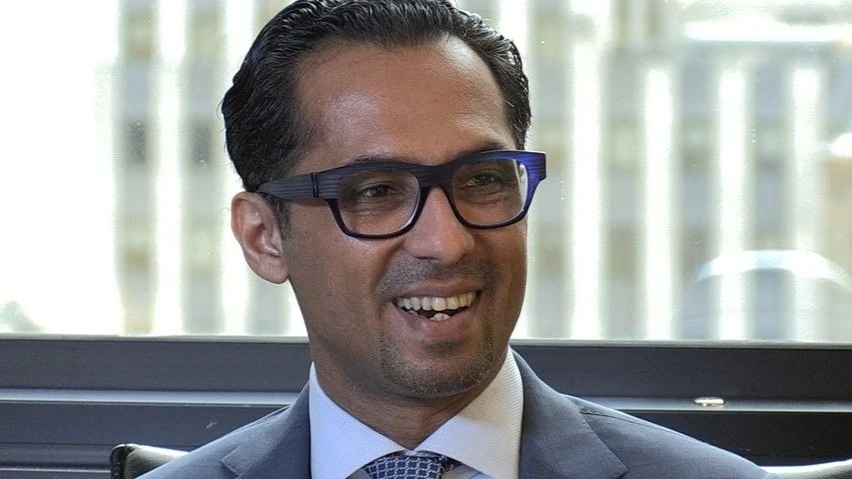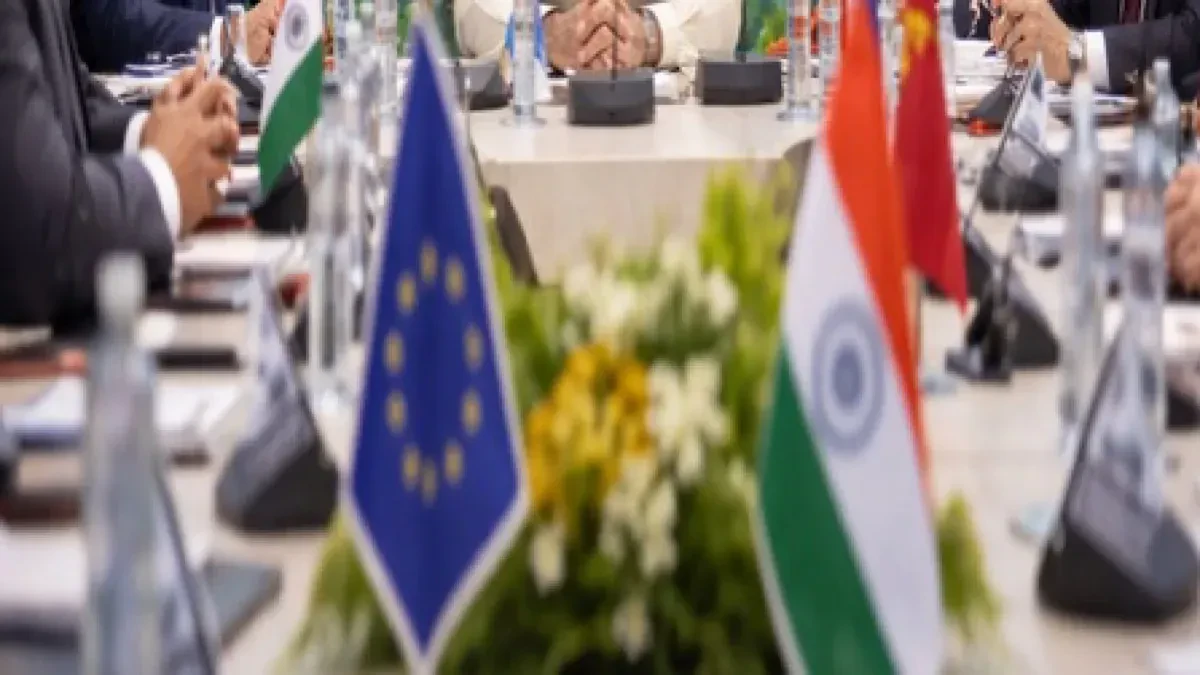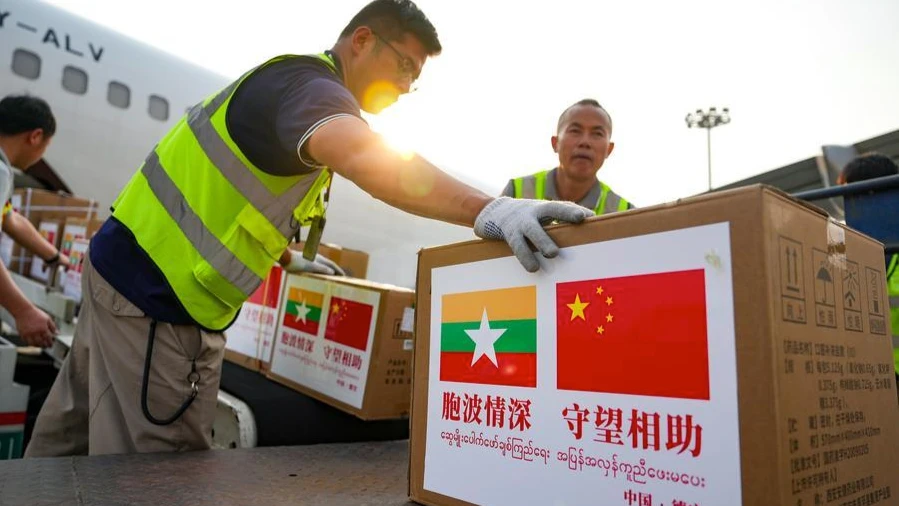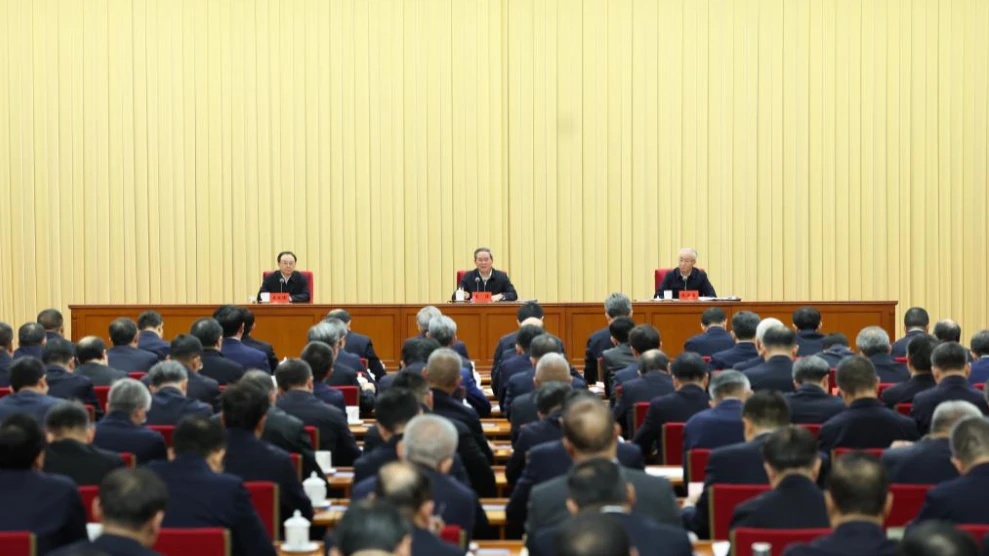How UN Tax Convention essential for Tanzania, Africa
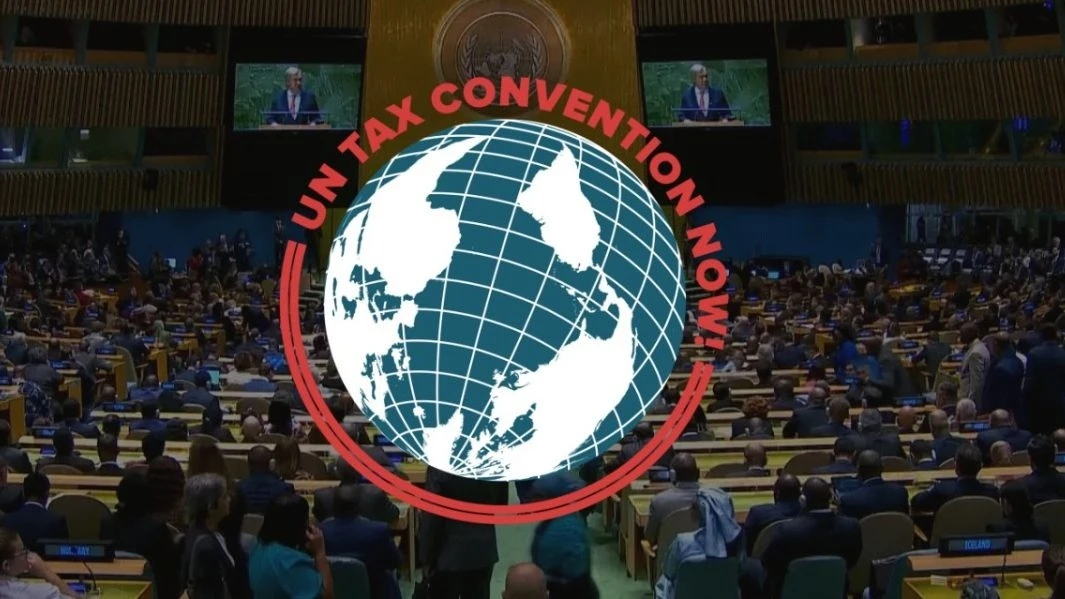
It has been revealed that A UN Tax Convention is very essential for Tanzania because it offers a chance to negotiate fairer tax deals, ensuring accountability in industries like extractives.
This was said by Edmund Matotay, the National Programme Coordinator with the Interfaith Standing Committee on Economic Justice and Integrity of Creation (ISCEJIC) over the weekend in Dar es Salaam during the breakfast meeting organised by the Policy Forum, the Norwegian Church Aid, and the ISCEJIC themed: The UN Tax Convention: Africa's Role in Advancing Fair Tax Policies and Promoting Tax Justice
Matotay further noted that the UN Tax Convention would promote harmonized tax policies across Africa, benefitting local businesses and combating illicit financial flows [IFFs] by taxing based on the sources of economic activity.
The convention would also help achieve tax justice through transparency measures like information exchange and country by country reporting. Now it’s the time for Tanzania to support this global effort for fair and equitable tax policies.
Why do we need one UN body: A United Nations Tax Convention?
The body will promote equitable Tax policies tailored to the unique socio-economic contexts of African countries, ensuring fair and progressive systems. It would help combat tax avoidance and evasion by setting international standards and norms.
Having a unified body will provide opportunities for capacity building, training, and technical support that would be provided to nations like Tanzania, which often lack resources to develop effective tax policies.
A UN platform would also enhance cooperation among African countries, fostering knowledge sharing and collaboration. Aligning tax policies with the sustainable development goals (SDGs)-it would ensure adequate financing for essential services while giving African countries a stronger voice in international tax discussions.
Furthermore, it would promote transparency and accountability in tax systems, boosting public trust for achieving human development.
Issues like tax evasion and avoidance continue to undermine Tanzania’s economic growth, with substantial revenue lost each year. This weakens essential public services such as healthcare, education, and infrastructure.
Tanzania, like other nations, faces challenges in navigating global tax policies that undermine domestic resource mobilization.
Current international tax rules fail to tax multinational corporations where their economic activities occur, leading to significant revenue losses, especially from illicit financial flows.
For instance, underreporting of trade commodities in Tanzania resulted in estimated USD 2.7 billion lost revenue annually, affecting efforts to strengthen domestic resources. Tanzania’s economy, reliant on natural resources, suffers from tax avoidance, transfer mispricing, and complex ownership structures.
It would address the challenges posed by the digital economy, by ensuring that the multinational tech companies pay their fair share of taxes in Africana countries where they generate profits.
African countries are interested in addressing the systemic failures that affect DRM to ensure that countries can rely more on DRM for revenue generation, reducing dependency on debt and foreign aid.
For her part, Saint Augustine University of Tanzania (Saut) Senior Lecturer Norah Kawiche said that the coming of the UN Tax convention was crucial because multinational companies that have a tendency of shifting untaxed profits through IFFs will no longer have room to avoid paying taxes.
According to her, “Adopting the UN Tax Convention would enable Tanzania to collaborate with other countries in exchanging crucial information on tax evasion and avoidance.”
"It would also strengthen our capacity to recover taxes that have already been moved out of the country," she explained.
The UN Tax Convention would grant us access to over 100 countries, promoting greater cooperation and information sharing.
Israel Ilunde has noted that the coming of the UN Tax Convention will help our country and other countries curb IFFs which have been growing daily.
East Africa is also facing the same challenge as the East Africa Business Council (EABC) reports USD 6 million annual losses resulting in illicit financial flow trade.
These global tax rules hinder national growth and reduce investments in critical social sectors like education and health.
A condition of African countries, alongside nations such as Norway is advocating for a single UN body to manage global tax policies.
With growing international attention on tax transparency and fairness, particularly in developing nations, the UN Tax Convention offers Tanzania and other countries a chance to have a stronger voice in global tax policy and decision making.
The global challenges on tax justice lie on the issues such as high net worth individuals and multinational companies which trade and exploit resources around the world make billions of dollars but pay littles in taxes.
Countries are losing USD480 billion in tax annually, on the other hand initiatives on the negotiations on international tax rules have been done in Organization for Economic Co-operation and Development [OECD] since the 1960s without any significant progress.
The situation is worse in the African continent; the Mbeki Report reveals that Africa is losing USD 50 billion per year on tax abuse.
Meanwhile, the Tax Justice Network has calculated that if nothing changes, the world would lose nearly USD 5 trillion to tax havens over the next decade.
What is a UN tax convention?
Is a move towards inclusive, transparent and democratic decision-making where all countries have a way to make global tax rules work better for all countries?
Countries worldwide are undergoing global tax reforms, which aim to reshape the international tax system, currently dominated by OECD members and Bretton Woods’s institutions like the IMF and the World Bank.
Top Headlines
© 2025 IPPMEDIA.COM. ALL RIGHTS RESERVED




